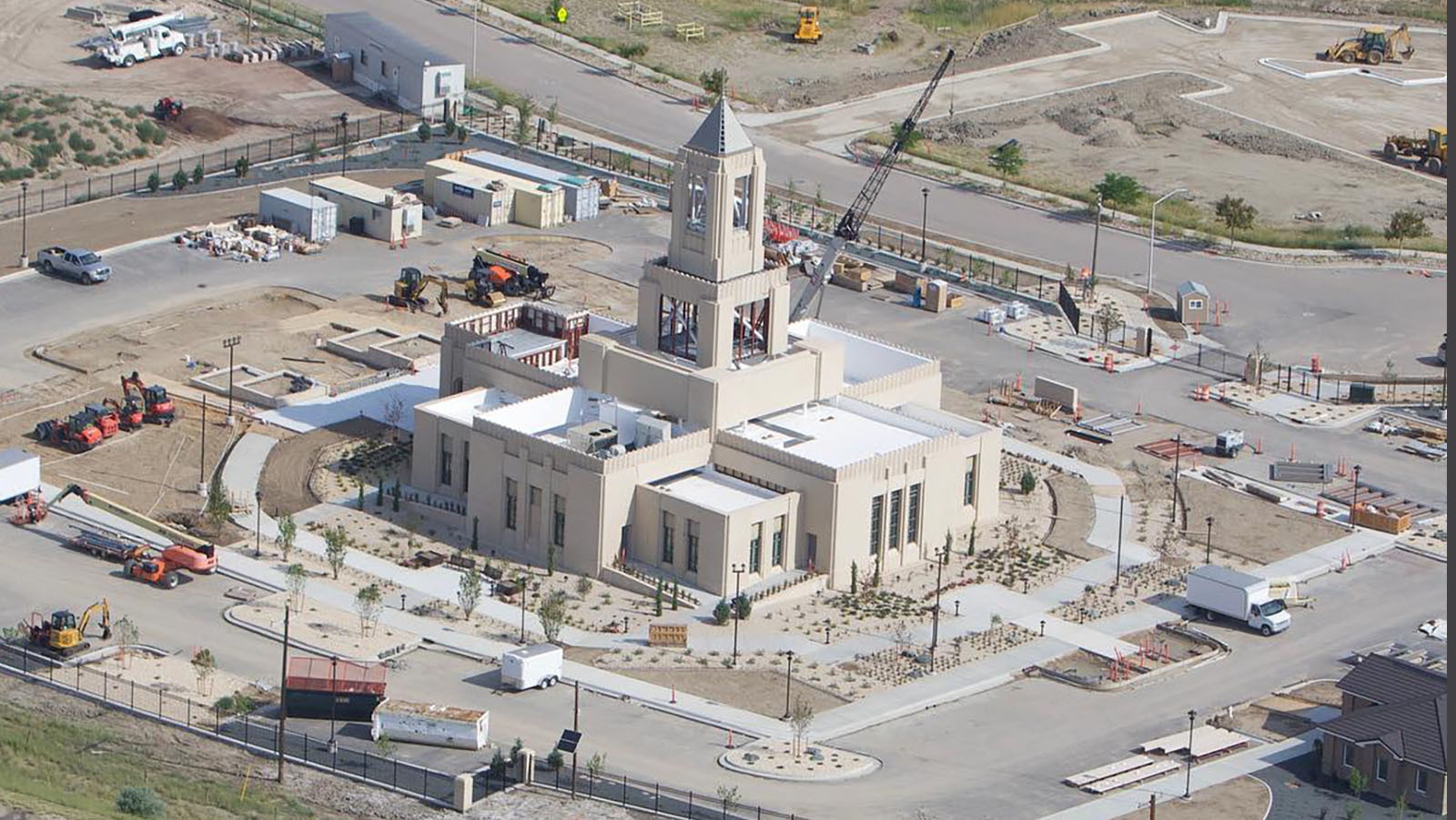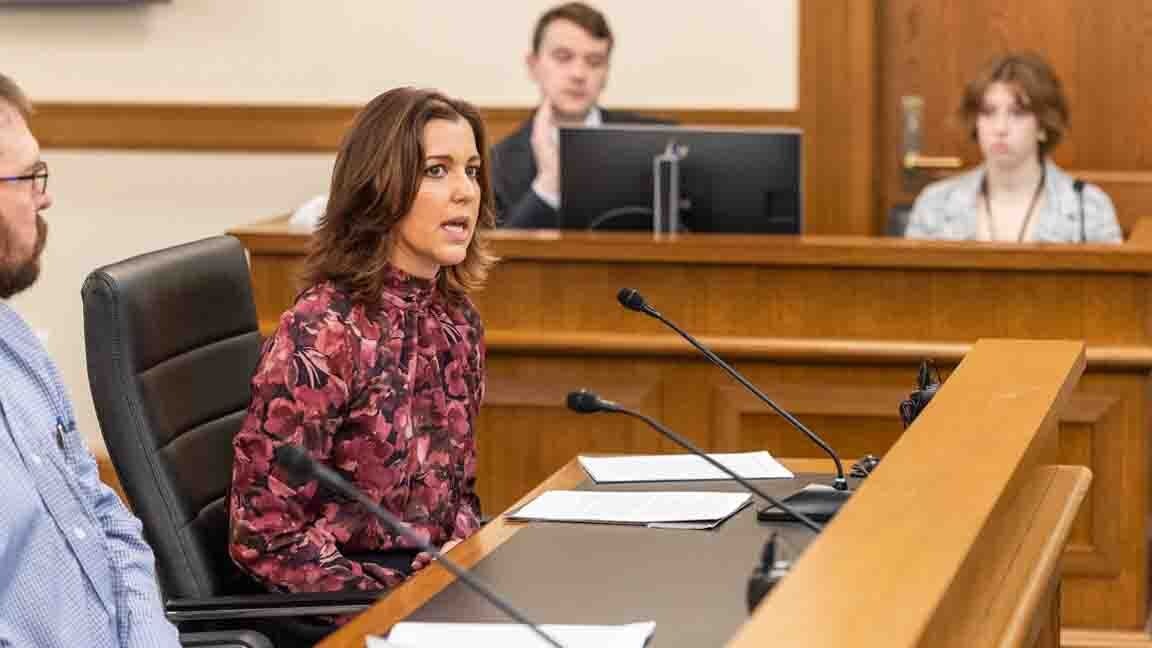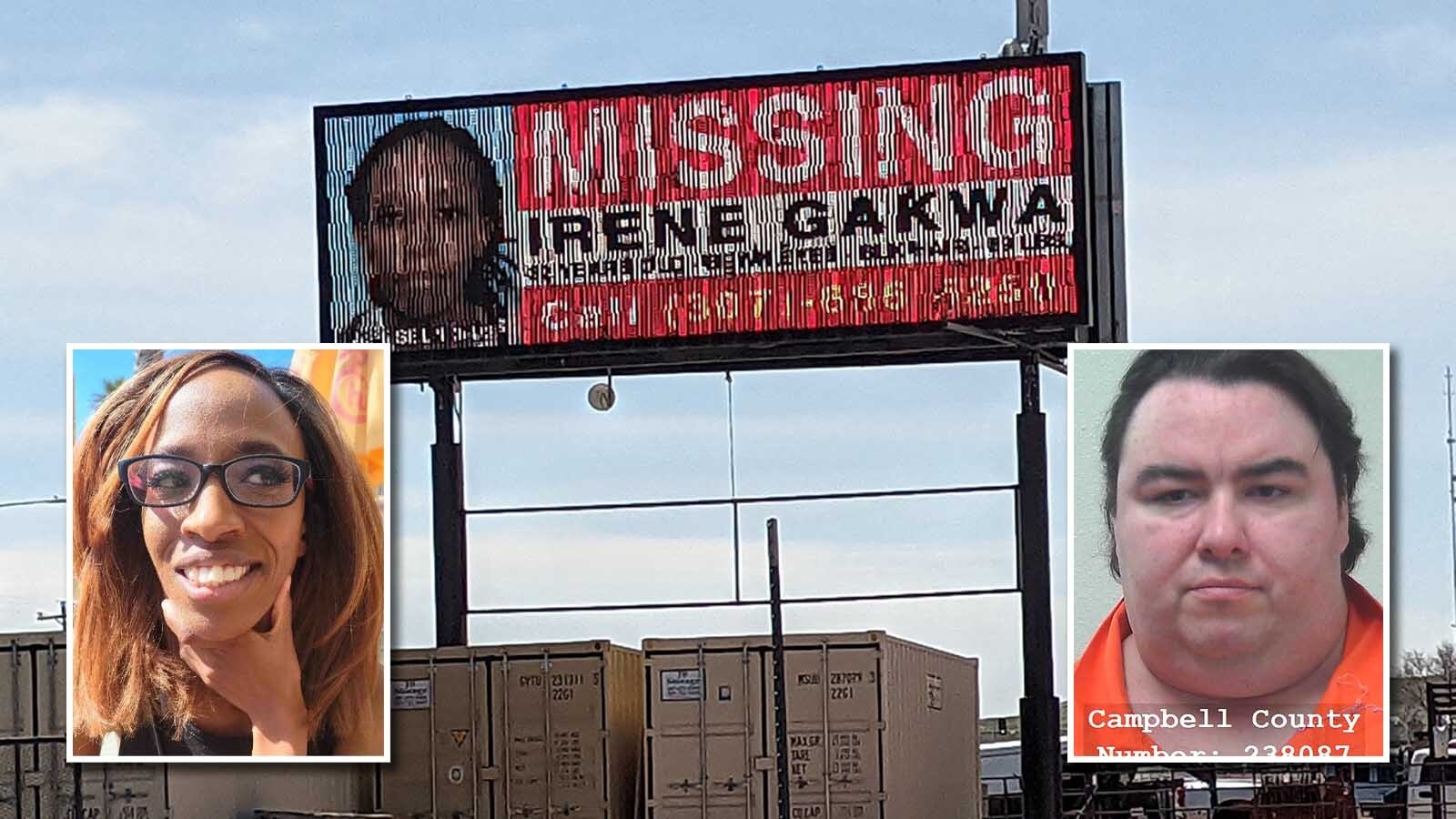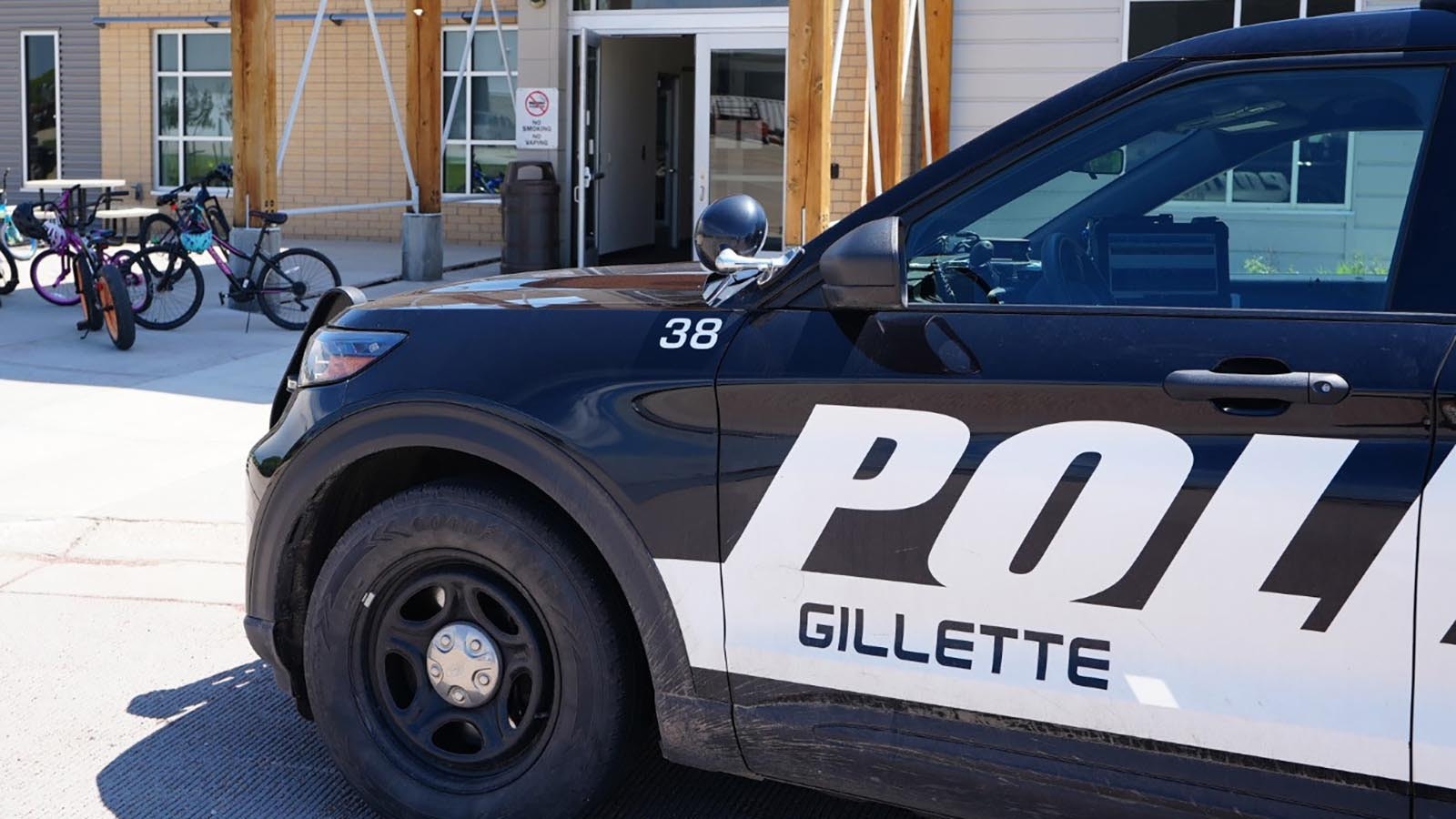A new court filling in a lawsuit between the Church of Jesus Christ of Latter-day Saints and a Cody neighborhood group shows that multiple members of the Cody Planning and Zoning Board suspected the city planner and attorney had conflicts of interest with the church that influenced the advice they gave to the board about a proposed LDS temple.
The overarching theme of the filing submitted by the Preserve Our Cody Neighborhoods group is to show that City Planner Todd Stowell, who is a member of the church, acted with a bias toward assisting the church in its effort to gain approval for a temple being considered by the board.
“It certainly appears the city planner is not working for the city of Cody,” said Terry Skinner, a member of the Preserve Our Cody Neighborhoods group.
Wyoming’s conflict of interest laws are more broad for government employees rather than elected officials in that they must refrain from ruling on any matter where they could receive a direct or indirect benefit or advantage.
Skinner believes Stowell fooled himself into thinking he could simultaneously serve the city and please the church.
“You can’t serve two masters, you can only serve one master,” Skinner said. “It certainly appears he was not representing the interests of the city of Cody.”
Stowell did not immediately respond to a Cowboy State Daily request for comment.
On May 23, three weeks before the first Planning and Zoning Board meeting on the temple, the plaintiffs submitted their first public records request. A second request was made July 18.
After providing incomplete records multiple times, the city provided a dump of 3,981 items in September related to Planning and Zoning and city staff communications about the temple, 72 days overdue from the original records request. The plaintiffs still contend they were given incomplete records.
Communication
Even though Stowell advised the church to withdraw its initial application to give it more time to respond to opposition, he failed to notify the Planning and Zoning board that the church had decided to delay until three days later, according to the court filing. During that time a board member emailed him multiple times to ask what was happening, but received no response from Stowell.
Although Stowell didn’t take the time to answer that board member or any board members with an update, he did text his fellow members of the church to let them know there would be a delay.
Board Chair Carson Rowley complained that Stowell’s lack of communication left the board “twisting out in the wind.”
In his May 24 staff report on the project, which was criticized by many as biased, Stowell commented on a federal law and cited a passage from the Bible in supporting his argument that the community needs to “heal … from the controversy, prejudice and misunderstandings” about the project. Stowell also warned the board that the city could be sued if it didn't approve the temple project.
“Planner Stowell is not employed by the city to either opine on the possible legal implications of (federal law) or the practical implications of the Holy Bible,” the filing says. “At worst, this language is evidence of a direct conflict of interest; at best it is evidence of an indirect conflict of interest. Under the law, both are prohibited.”
More Frustration
In a June 7 email, Rowley continued to show frustration over conflict of interest issues.
Nine days later in an email between he and former Planning and Zoning Board Vice Chair Scott Richard, Rowley said that “someone needs to keep Todd (Stowell) in check.” Richard responded in the same exchange that it seemed to be a foregone conclusion that the temple would be approved.
About a week after Stowell submitted a revised staff report in which he said the temple’s height of 101 feet — the most contentious piece of the project — had been resolved at an earlier meeting, Rowley protested this conclusion to city staff, calling it “complete and utter bullshit,” and alleges Stowell purposely withheld information at the meeting.
“It was clear we did not accept this interpretation from the lack of motion on that item and it was clear we still wanted to debate the tower item,” he said.
Later in the email, Rowley said he felt deceived and that he can’t trust the people he’s supposed to and can’t trust Stowell “at all.”
Three days later, Richard added to the text string with “this entire dog and pony show the board has gone through is BS.”
Board member Andy Quick, who has recused himself throughout the temple decision process, also expressed concern about Stowell’s behavior to city leaders.
“While he may not stand to gain financially, he stands to gain or lose a great deal socially and/or spiritually depending on the result of this process,” Quick said. “I believe he is too close to the project to be able to objectively address it without bias.”
Quick said another unexpected determination Stowell made about the project’s site plan led Rowley to believe a noose was being put around his neck, and that the chairman would likely resign at an upcoming meeting along with other members who believed the process was “nothing more than political theater.”
Personal Interests
After announcing his determination that the site plan had been approved, Stowell told a P&Z board member, who is also a member of the church, via text that he had “goosebumps from feeling the Spirit” after making this determination.
Around this time, Glenn Nielsen, a prominent member of the Cody community and LDS church member who donated the land that the temple will be built on, also texted Stowell and told him that if he ceases to be employed at the city he would be welcomed as a real estate manager or project manager at his business the next day.
Numerous residents emailed city staff to express concern about Stowell’s actions on the temple approval process.
The neighborhood group’s filing also says the Planning and Zoning Board misinterpreted city code, an argument it has been consistently made throughout the proceedings.
A Nebraska planning consultant provided his perspective on the approval process in the court filing after reviewing the city’s ordinances. He determined that the board erred in approving the temple because it is too tall for the zoning district it’s in.
What Does The Church Say?
The neighborhood group has requested a temporary injunction to halt construction of the project. The church has said in court documents it will not start construction until a ruling on the matter has been made.
The church also submitted a filing this week objecting to evidence previously submitted by the neighborhood group and that the group’s opposition to the temple location is baseless and doesn’t qualify as causing irreparable harm. It argues that the group is relying on personal opinion about the effect that the board’s decision will have on the neighbor’s viewshed, lighting and traffic.
“Purely speculative harm does not satisfy the burden of showing irreparable injury,” the church wrote.
The church argues that the board considered many opinions and rendered its decisions by balancing these viewpoints. To qualify for an injunction an applicant must:
- Prove a substantial likelihood of winning on the merits of their case.
- Show there will be irreparable harm suffered unless the injunction is issued.
- Show that a threatened injury outweighs the harm that the preliminary injunction may cause the other party.
- Show the injunction, if issued, will not adversely affect the public interest.
The church, which also had many testifying on its behalf at public meetings about the temple, said that it has simply been following advice from city staff throughout the process.
It noted that it applied for a special exemption to the temple’s 101-foot spire “because city staff recommended it before reviewing the designs and plans for the temple.” The church also removed its special exemption request upon staff advice.
It also said the consideration of a temporary injunction should be limited to the information that was presented and discussed during the board meetings and mentioned how some of the evidence released by the neighborhood group, including the consultant’s perspective, was not available during the meetings and therefore should not be considered as part of the record on appeal.
The church and the neighborhood group will have until Nov. 7 to respond to the filings.
Leo Wolfson can be reached at leo@cowboystatedaily.com.





